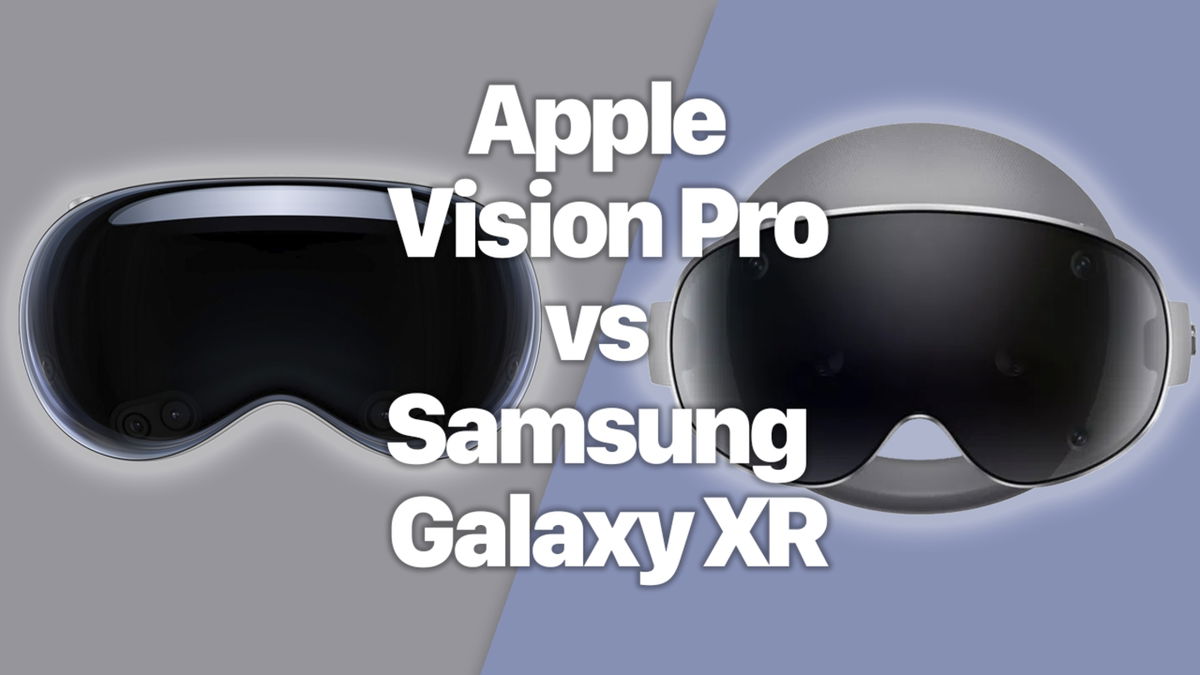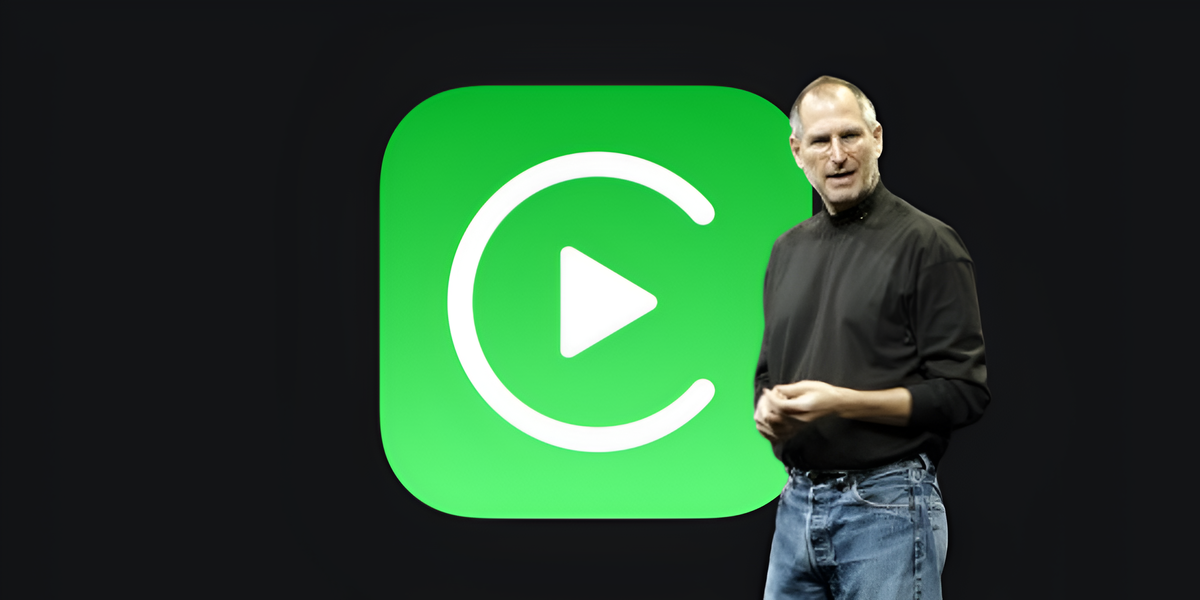Windows kiosk mode is little known as it caters to a very specific market niche. That is why it is very unlikely that you will use it on a personal PC; On the other hand, if you have a more or less large company or organization, this will certainly sound familiar to you. Even on Windows 11.
Kiosk mode is for businesses that need a computer for human use, but without the ability to access internal files or clutter up the system. In other words, we are talking about a computer on which only pre-installed applications can be used.
Like in Windows 10, the kiosk mode feature is also present in Windows 11, but its activation and configuration in the new version of the operating system is slightly different. Not to be confused with god mode, as it is the opposite.
But what is kiosk mode? Windows Kiosk Mode is an administrator implementation that prevents users from running anything other than one or more specific sets of apps on a Windows device.
This mode turns a Windows PC into a disposable device dedicated to a specific task so that users don’t interact with something they shouldn’t be doing. It’s all about the “Assigned Access” feature, which restricts what users see when they open the app.
Because the kiosk environment is more restrictive than Windows 11 guest mode, businesses and homeowners can better monitor and control Windows-based devices.
Another kiosk mode in Windows
Kiosk mode Windows offers two different environments: single and multi-application kiosks.
In single app mode, users can only view and use one app per device. When the user connects with the provided credentials, the app starts automatically. Users will not be able to switch to another application or exit the current one.
This blocking mode is commonly used on public devices such as a computer searching a library or touch screens installed in museums to provide information on relevant topics.
On the other hand, the multi-app mode allows users to run multiple apps on the same device. Organizations use it to enforce predefined policies, settings, and applications, thereby improving employee productivity and reducing distractions.
Source: Computer Hoy
I am Bret Jackson, a professional journalist and author for Gadget Onus, where I specialize in writing about the gaming industry. With over 6 years of experience in my field, I have built up an extensive portfolio that ranges from reviews to interviews with top figures within the industry. My work has been featured on various news sites, providing readers with insightful analysis regarding the current state of gaming culture.













